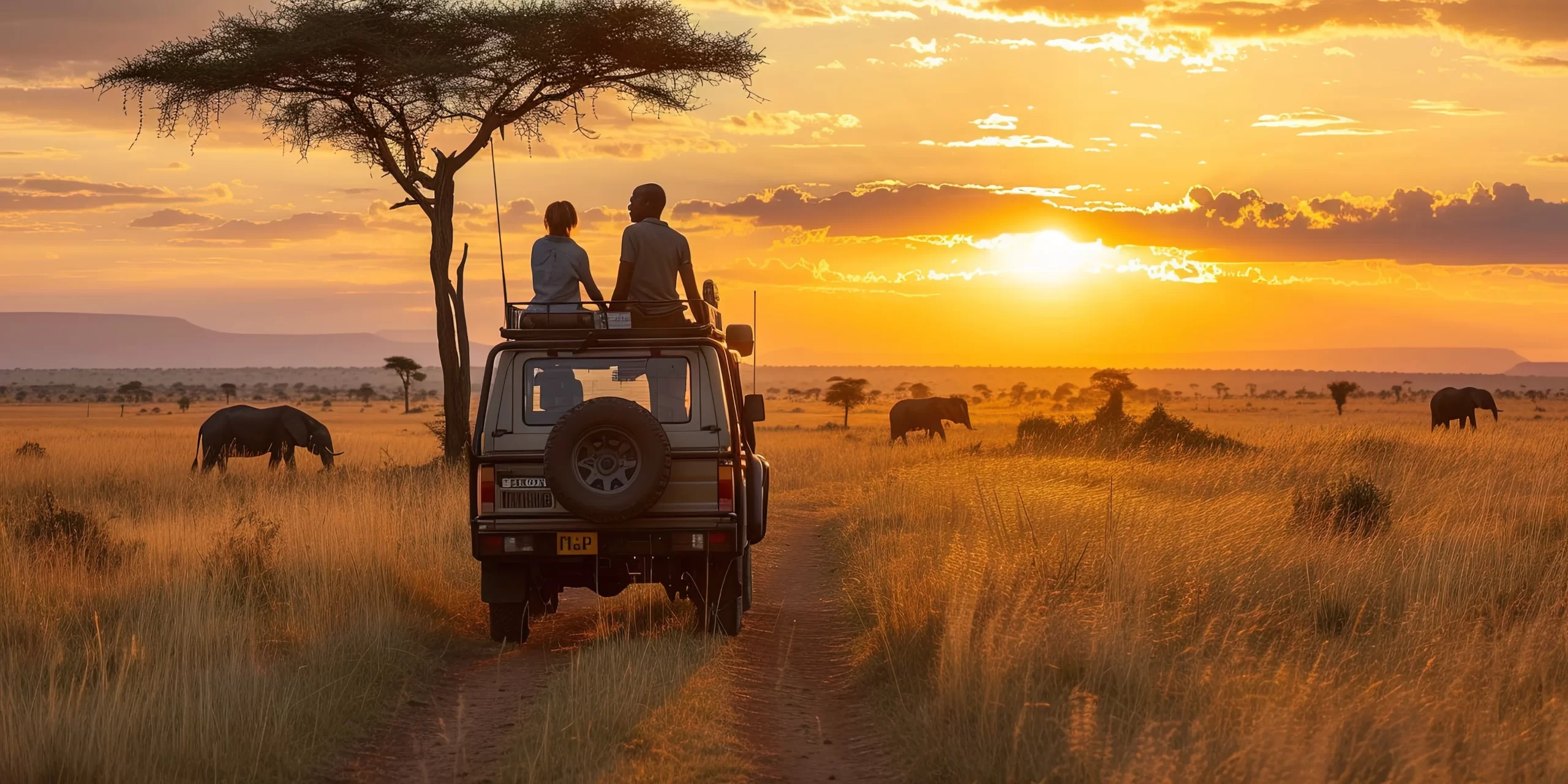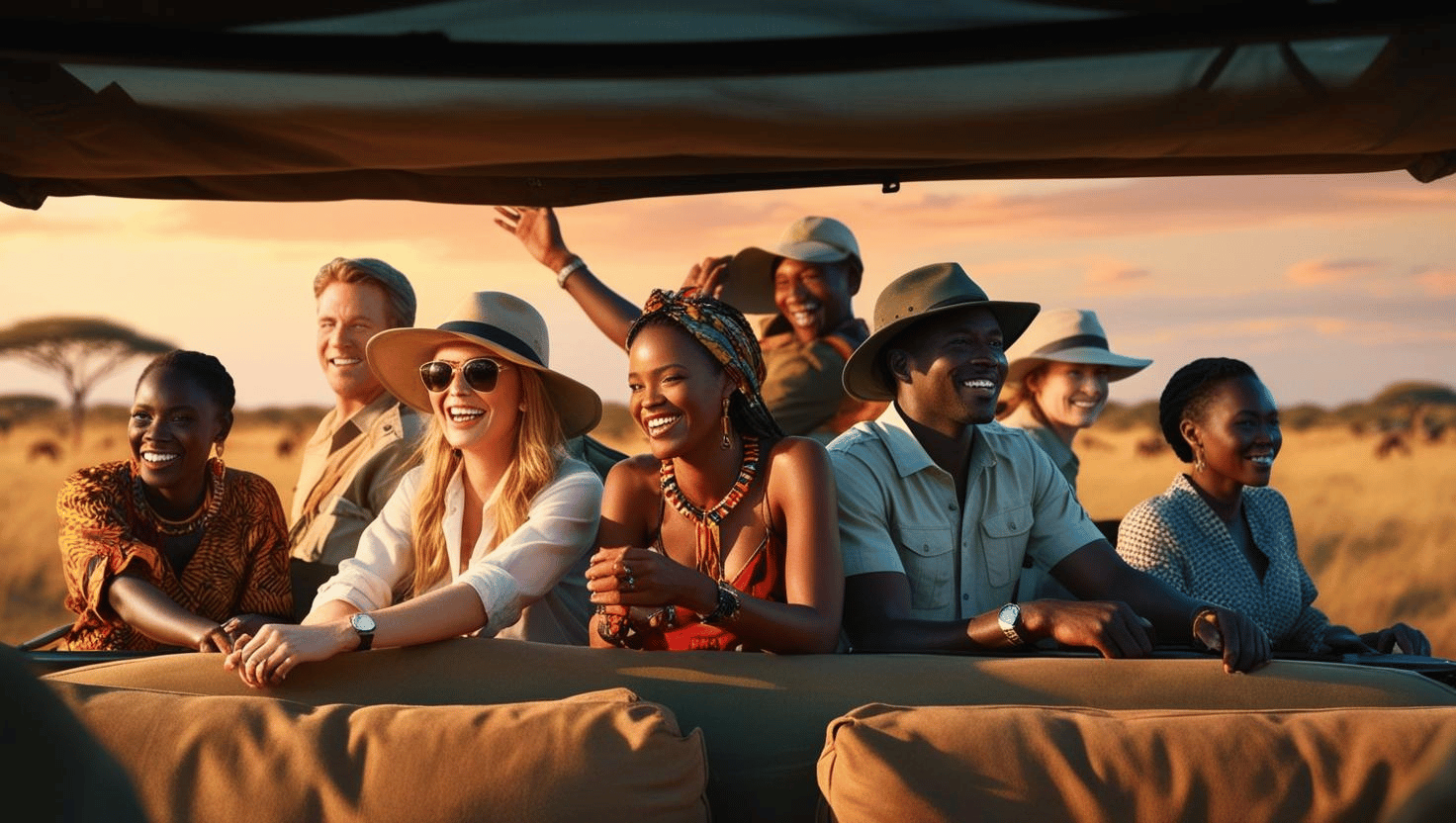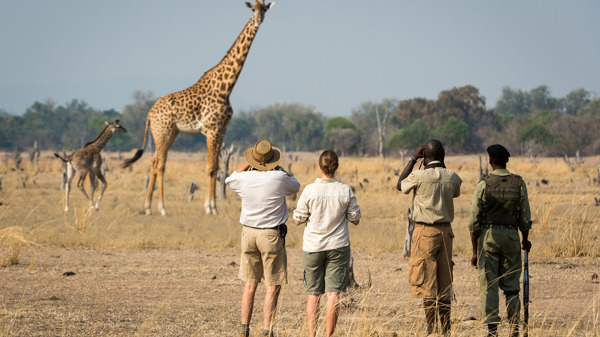Your first African safari was one of life’s most memorable experiences. Africa, nature has indeed blessed with diverse terrains, animals, plants and peoples. However, to achieve the best of the trip and have a wonderful experience, one must have one idea of what to anticipate. This article will provide a quick guide to what to know before going to Africa, starting with what type of gear to bring and how to select the best safari company.
Choosing the Right Destination

Safari is extremely popular all over Africa, and though it is a large continent, it offers many options for different kinds of tourists and wallets. They include the Serengeti of Tanzania, the Maasai Mara of Kenya, Kruger National Park in South Africa, and the Okavango Delta in Botswana. It is essential to consider the best destination of an individual’s preference and anticipation. What kind of wildlife and animals would you like to see? What type of lodging arrangements do you want? Did you know that there is more than one good time of the year to go? It will assist you in choosing the right place to go on an African safari.
Climate and Time Management
Tour operators have highlighted that timing could either help or hinder your entire safari experience. In addition, climatic factors affect the wildlife viewing prospects during different periods of the year, and areas within Africa where opportunities exist are subject to variations annually. By and large, the driest periods from June to October in East Africa and from April to October in southern Africa are considered the best to visit. But going there during the other seasons, which is prior to and after the dry season, also benefits guests because there are fewer tourists, and everything is cheaper.
Breaking down and Choosing the Safari Style
Depending on the choice, customers can select various types of safaris that allow for driving on foot, by water, and by air; for example, there are Belize hot air balloon safaris. Each approach has its own different encounters with the others. For first-time tourists, a driving safari is the most familiar and is within one’s reach. If you want to see your surroundings in closer contact, it is better to go on a walking safari so you can track the bush on foot. In addition, aerial tours by hot air balloons give a view of the scenic features as boat safaris provide an opportunity to view the water, animals, and vegetation around the rivers and lakes respectively.
How to Choose the Best Company for Your Safari

The choice of safari operator you choose defines your experience to a great extent. The right partner has to be selected, which means that considerable work has to be devoted to research in order to choose the best operator. Read reviews when making your decisions, and get in touch with your friends or your online community to recommend some of the best places. The more reputable operator will provide you a well-maintained vehicle, together with experienced guides and excellent customer care services, will ensure your safety and comfort on the trip. Avoid companies that promise low prices, as it may mean that the quality of service is going to be cut short.
Essential Packing Tips
Pack so that you have extra clothing and equipment suited to a rainy season and your overall safety while on safari. Hats are a necessity when it comes to covering the head while walking, especially wide-brimmed hats that fend off the sun’s heat, practical walking shoes, sunscreen, and insect-repellent cream. Eye protection is also essential when looking at animals, and to have them comfortable during your tours, sunglasses and binoculars come in handy. Don’t make the clothing heavy, bulky, or brightly colored, as these give the wrong signals to the predators. You should check the weather and pack clothes according to this in a particular sense, and put on more layers of clothes in case of changes in temperature during the day.
Understanding Safety Measures
When on safari, security forms the basis of the conversation. Essential briefing regarding safety measures to be undertaken, as well as general precautions while on the safari, should be done by your safari operator. These may range from regulations that allow persons to tour vehicles during wildlife sightings to limiting proximity to wildlife and interference with these animal’s natural habits. While having fun, one should always be up close to the guide and follow their directions so as not to get into any unwanted incidents.
Embracing the Safari Culture
Safari experiences are not only limited to wildlife; they are also a cultural exercise with ethnic or historical connotations located in Africa. Spend time for the purpose of learning the culture and lifestyle of the communities residing in that area. Cultural norms of the community should also be respected and self-orientation towards people’s culture should be avoided. Being part of the culture, properly intermingling with the people, and promoting small-scale tourism can and will help make the safari memorable.
Staying Connected
While one is out on safari, it is nice to unplug to connect with nature, but it’s always good to have your smartphone by you in case of an emergency, or if necessary, to contact someone back home or find something on the internet. Before you travel, remember to ask your mobile telephone service provider about the terms and conditions of international roaming services or buy a SIM card upon arrival in the destination country. You should also think of carrying a portable charging bank to charge your gadgets on your adventure.

